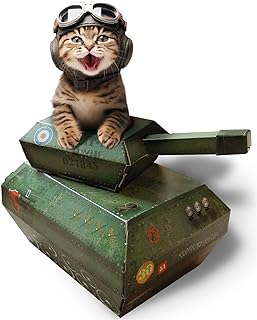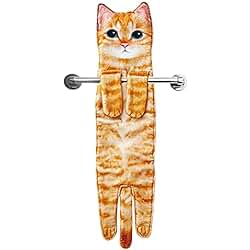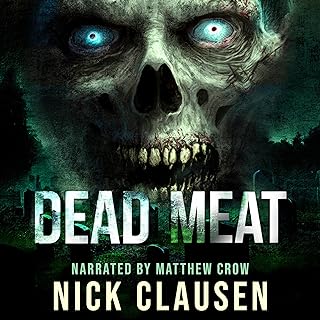Zombie Survival Equipment
 When planning zombie hunting sweeps and other zombie related activities, no one likes to imagine the odds of an emergency occurring. However, as much as we like to focus on how exciting our hunt will be, it’s never a good idea to assume everything will go smoothly. This is why having at least a minimal amount of survival equipment is essential for any trip from hours to weeks. Here are a few suggestions to consider for your next patrol.
When planning zombie hunting sweeps and other zombie related activities, no one likes to imagine the odds of an emergency occurring. However, as much as we like to focus on how exciting our hunt will be, it’s never a good idea to assume everything will go smoothly. This is why having at least a minimal amount of survival equipment is essential for any trip from hours to weeks. Here are a few suggestions to consider for your next patrol.
Zombies do not follow the rules. They can pop up anywhere from out of a car window to out of the tall grass, moldering leaves, water ( bathtub, pond, pothole puddle, ocean, sewer, etc.), closet, there is no place where a zombie may not have fallen asleep, or become trapped or entangled. Even their body parts can be dangerous . . .
Children shouldn’t play with dead things. Sure it may seem like an innocent prank to drop a crawling hand down someone’s back, only those fingers are fleshless knife sharp bone from scratching on doors and windows. The zombie plague virus does not care whether transmitted by bite or five finger injection.
The most important survival equipment besides your brain is your weapons, do not skimp on guns and ammo as nothing else beyond a bank vault (also keeps you safe from oxygen) can keep you as safe.
You need a heavy pistol like the Colt 45 pictured because it will knock a zombie down giving you time to escape or place a head shot.
You need several light pistols / high capacity assault handgun because 22LR ammo is the easiest to find and the lightest to carry. You can keep five hundred 22 rounds clean and dry in a 16oz. soda bottle.
A easy carry semi or full automatic M-16 style assault rifle of the highest quality you can lay your hands on along with sufficient rounds to keep it well fed. A good working silencer (note: they do wear out) is worth trading almost anything for as zombies swarm toward the sound of gunfire.
Knives of course, long, short and throwing as experience dictates.
Carry weapons and ammo in multiple locations on pack and person and stash extra in zones you routinely patrol.
One of the most important pieces of survival equipment would have to be your navigational gear. These devices not only do wonders for helping you find your way around the forest, but they’ll also prove vital in the event that you end up lost. These items include compasses and map, tactical flashlights, emergency flares, and GPS receivers for as long as the sky net stays up. GPS receivers are particularly useful in that many such devices come with emergency buttons that allow you to alert any interested authorities remaining in an emergency.
Another type of important survival equipment is your food stores. While granola, dried jerky, and other hearty foods may be fine cargo pants pocket fodder for a short patrol sweep or hunting trip ending in being treed by zombies, for lengthier stays in the wilderness, it’s a good idea to pack something a bit more nourishing.
Fortunately, with the variety of canned, vacuum sealed, dehydrated, and freeze dried meals available, you can enjoy a variety of different meals without compromising your packing space. Best of all, these meals can last for years or more, which means you don’t have to worry about it spoiling during your trip. However, if you have any dietary requirements or restrictions, be sure to pack any necessary vitamins or food allergy pills with you.
Finally, your first aid kit is another crucial piece of survival equipment to have on hand. After all, you never know when an accident may result in a broken bone or a messy gash. Depending on the length of your stay, you may choose a basic pocket kit, midsize or a detailed kit. The pocket kits are usually bandaides and bandages, swabs and maybe a alcohol wipe or two (often dried out). Midsize kits typically include bandages, disinfectant including small packets or bottles of alcohol and peroxide wipes, insect bite creams, suntan lotion, and other essentials. Larger kits can consist of large gauze rolls, bone splints, wound irrigation systems, and more. Also keep in mind that if you have any pills, inhalers, or needles you use daily, it’s typically a good idea to keep extra doses on hand in case they’re needed.
Carry a sewing kit and dental floss for stitching up gashes and [wounds] by things other then zombi. The zombie tales tell of no way to disinfect a zombie bite, that doesn’t mean it’s not worth trying.
These are only a few different kinds of survival equipment to consider. While it may seem trivial to pack much of this, you’ll find yourself quite grateful that you have them in the event of an emergency. Furthermore, packing them allows you to relax more and focus on hunting zombies rather than worrying over emergency situations. Learn more about survival equipment today!







